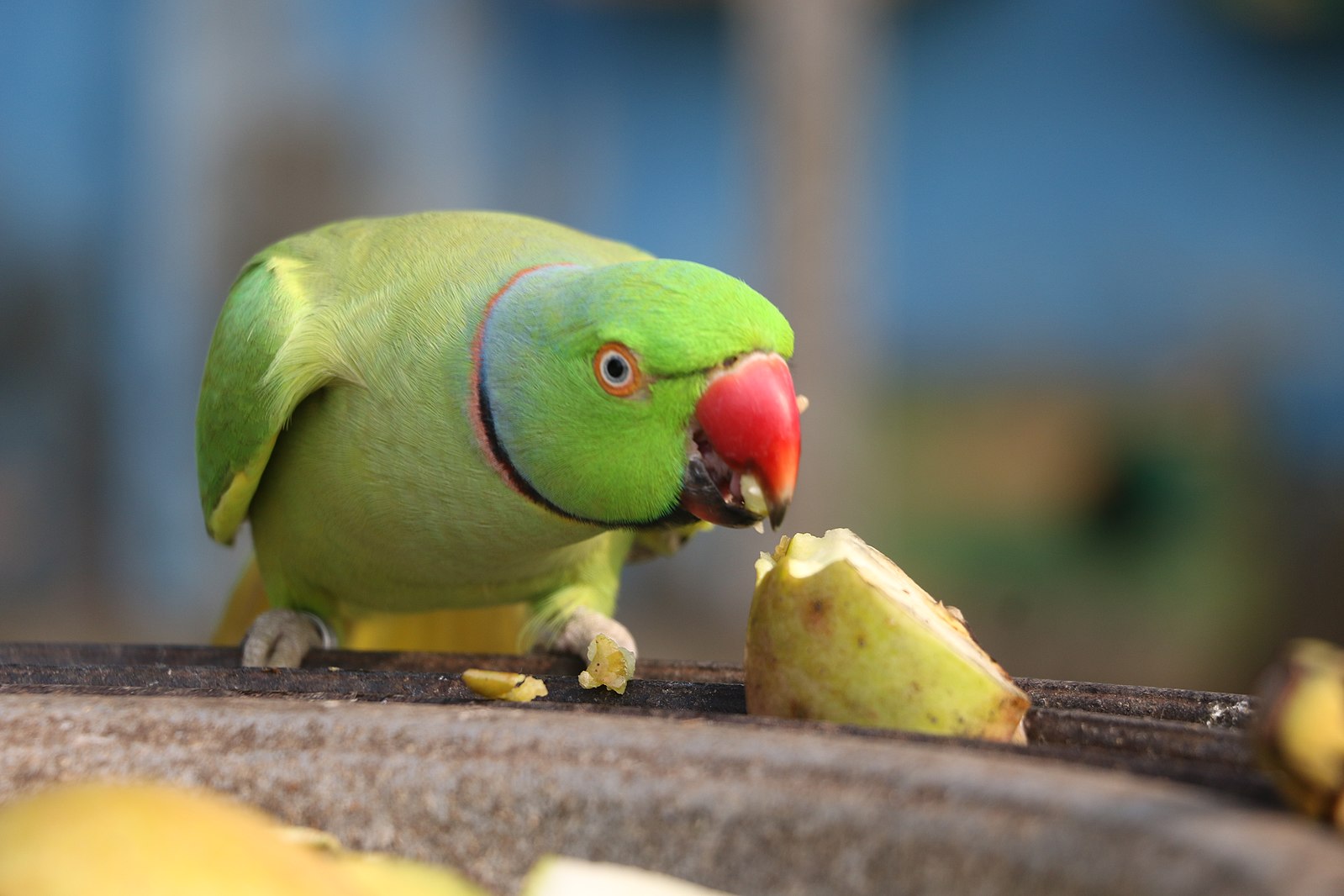Feeling Peckish: Nutritional Disease in Pet Birds
A proper avian diet goes beyond the colorful bags of grocery-store seed commonly associated with bird food. Failure to meet a pet bird’s nutritional requirements can lead to nutrient deficiencies and diseases with severe health consequences.

Dr. Jill Heatley, an associate professor at the Texas A&M College of Veterinary Medicine & Biomedical Sciences, explains the health consequences of feeding your pet bird an inadequate diet and how to get your feathered friend’s health back on track.
“Nutritional disease is a nutrient-related condition that causes illness in an animal,” Heatley said. “In birds, this often includes deficiencies in the diet; however, obesity and chronic diseases such as cardiovascular disease are also included.”
Since nutritional disease encapsulates a wide range of nutrient-related health problems, it can have varied causes.
“Diet is the main factor for nutritional disease in birds, and some species of birds are more prone than others to nutritional disease,” Heatley said. “Certain diseases that affect the liver, gastrointestinal tract, or nervous system can also put birds at risk for nutritional disease.”
Symptoms of nutritional disease are also varied, depending on the inciting factor. A veterinarian can best recognize the symptoms and determine the specific cause.
“Weight loss or gain, poor quality of feathers, or flaky, scurfy skin are all common signs of nutritional disease in birds,” Heatley said. “Additional signs may include yellow spots in the mouth, inflammation around the eyes or ears, or thinning of the skin on the bottom of the feet.”
Bird owners concerned about their pet’s health should take care to ensure that their bird is being fed a diet meant for their specific species of bird.
“Nutritional disease can be prevented by using the appropriate diet for the particular species of bird, not just seeds. A pelleted diet appropriate for each species of pet bird is available for most species, which, along with select fruits and vegetables for some species, provides a balanced diet,” Heatley said.
Pet birds afflicted with nutritional disease should be placed on a healthy diet as soon as possible. With the proper food and care, your bird can fully recover and be as happy as a lark.
“Feeding a nutritionally appropriate diet is best, but sometimes additional supplementation can be recommended by your veterinarian in extreme cases,” Heatley said. “Early signs of resolution of nutritional disease may only take a few days, but better feather and skin quality may take months, as some birds only molt twice or even once yearly.”
Pet Talk is a service of the College of Veterinary Medicine & Biomedical Sciences, Texas A&M University. Stories can be viewed on the web at vetmed.tamu.edu/news/pet-talk. Suggestions for future topics may be directed to editor@cvm.tamu.edu.


